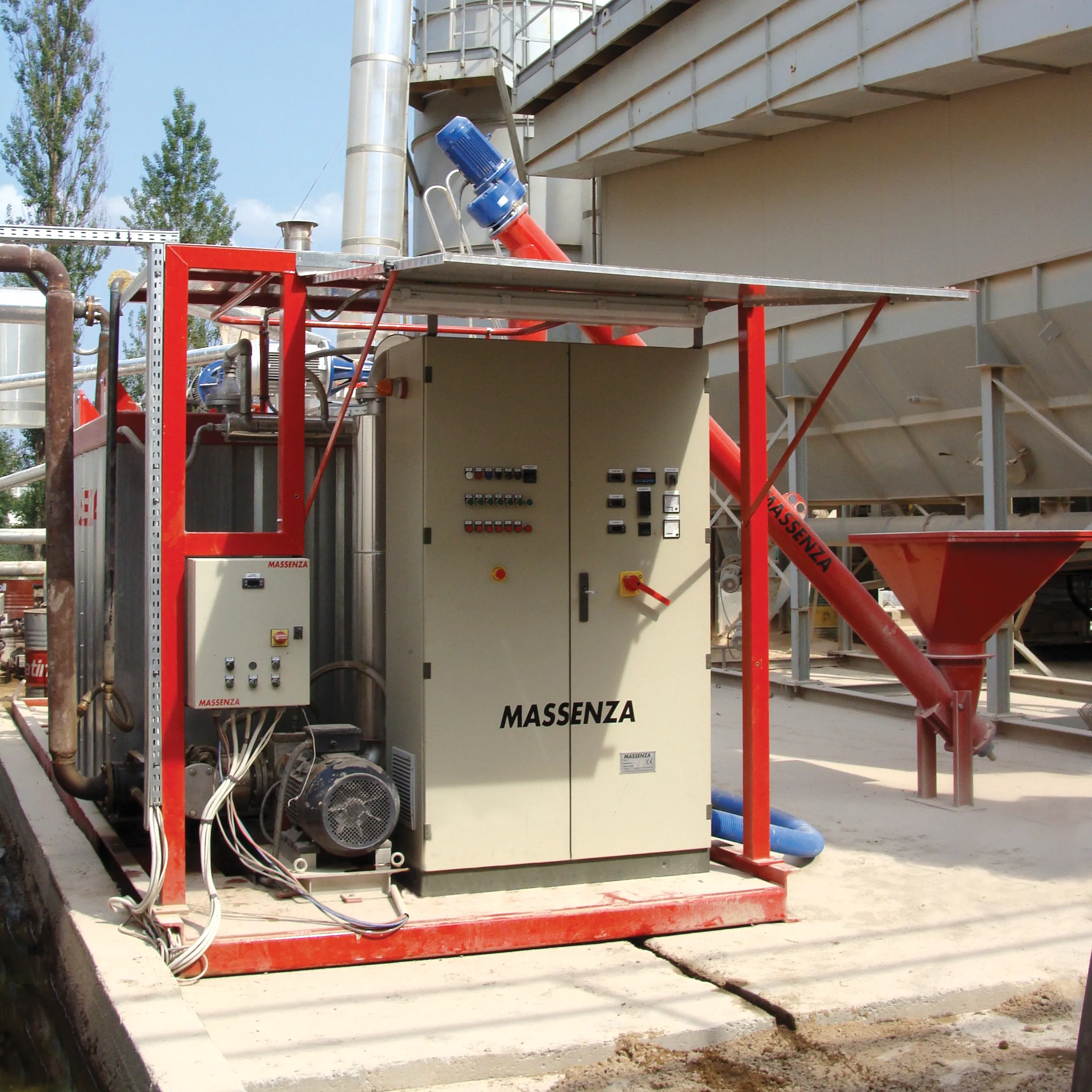ECED's first 'Machinery Dealers Think Tank' in Lisbon proved a big success Dr. José Gameiro, President of the European Confederation of Equipment Distributors (ECED) and a member of the Board of the Portuguese association ACAP, hosted the Fall General Assembly of the ECED Lisbon, Portugal. Preceding this bi-annual formal gathering (on 22 November), Dr. José Gameiro welcomed 17 independent distributors from Portugal, France, UK, Spain, Austria and Eastern Europe, as well as seven of the most prominent nation
July 4, 2012
Read time: 4 mins

ECED's first 'Machinery Dealers Think Tank' in Lisbon proved a big success
Dr. José Gameiro, President of thePreceding this bi-annual formal gathering (on 22 November), Dr. José Gameiro welcomed 17 independent distributors from Portugal, France, UK, Spain, Austria and Eastern Europe, as well as seven of the most prominent national professional associations, representing some of the largest Member States of the EU.
The tremendous success of this first ever 'Machinery Dealers Think Tank' was well-illustrated by the immediate application of three new members and the envisaged affiliation to ECED of another ten privately held distribution companies (it needs to be recalled that during the 2008 June Extraordinary General Assembly in Brussels, the ECED By-Laws were changed by unanimous voting, which opened the way for individual distribution companies to join as direct members).
During the morning session, ECED members, independent dealers and invited guests discussed the effects of the current economic crisis on their businesses and exchanged points of view concerning the general economic circumstances in which they are currently operating, as well as their concerns for the future.
In this context it was considered highly opportune to draft an open letter to Mr. Günther Verheugen, Vice-President of the
Furthermore, the gathered members and dealers discussed subjects including the problem of theft from construction sites; warranty conditions and service agreements on all machinery sold; statistics collection; training and education, and direct sales by manufacturers.
Taking into account that the so-called EU Car Block Exemption (EC Reg. 1400/2002), which governs distribution agreements in the motor vehicles sector, as well as the Vertical Distribution Block Exemption (EC Reg. 2790/99) are up for renewal in 2010, it was of the utmost importance that the ECED convened on those different EU legislative initiatives to gather information in order to be able to come forward in a clear and unified voice.
And ultimately, Dr. Gameiro reminded the audience of the upcoming 'ECED Distributors' Day', which is scheduled to take place on 20 April 2009 in Paris during the
This symposium will combine both the "classic" ECED Spring General Assembly with a focus on EU topics of importance to the sector, with the opportunity for the dealers to engage in commercial meetings with selected service providers that will display some of their newest products. The possibility to set up an 'ECED Forum on Used Equipment' is also being contemplated to coincide with INTERMAT. More information on these exciting initiatives will follow in the next months.
During the afternoon session in Lisbon, the ECED Fall General Assembly took place, and was consequently opened to ECED members only.
This second session featured a general update on the organisation and its plans and prospects for the future. Accordingly, the plans to foster a growing cooperation with CECE (manufacturers) and ERA (rental) on issues such as statistics, machinery theft, education, warranties and market surveillance were welcomed in order to achieve a better impact and acknowledgement of the efforts undertaken by the sector thus far. ·









